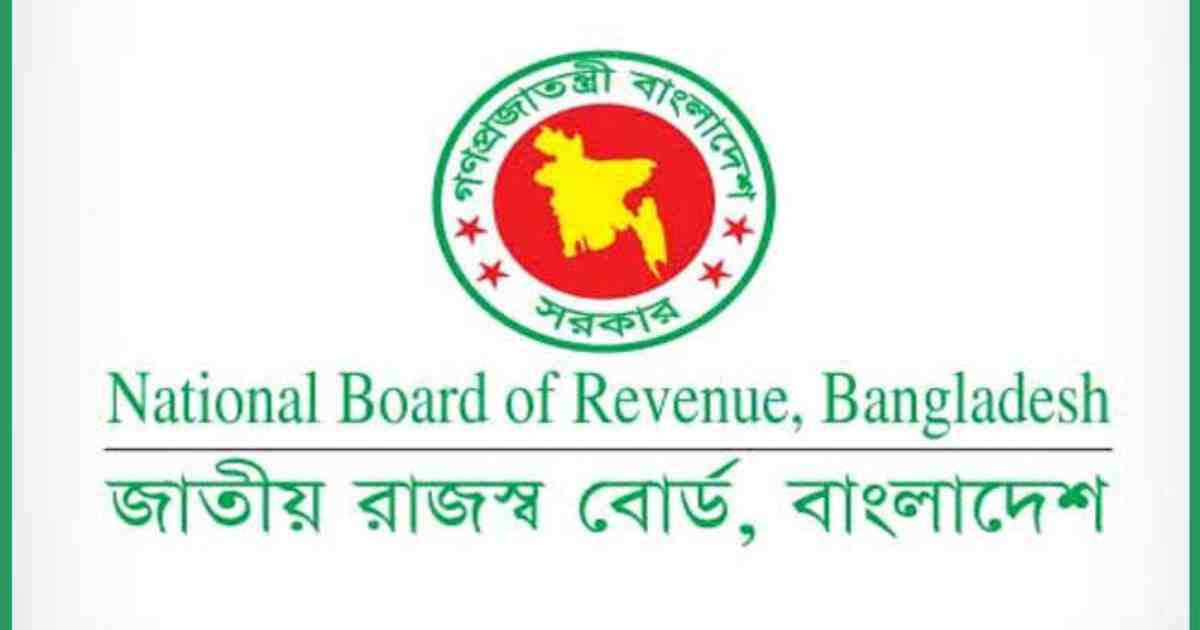
Little income tax growth bar to country’s progress
Staff Correspondent ||
2022-05-23 23:26:50

The growth in overall revenue, including direct taxes, has long remained almost static, making it difficult for the country to fund its socio economic development.
Economists noted that successive governments had failed to expand the country’s income-tax base and to boost the income tax collection for strengthening the economy ahead of its promotion to a developing nation in 2026.
According to former Bangladesh Bank governor Salehuddin Ahmed, higher revenue generation by boosting income taxes makes an economy strong and sound.
A lower-than-expected revenue volume is a headache for the economy of Bangladesh, he said, adding that funds for improvement in education, health and social protection remain short as a result.
Only 22.99 lakh of the country’s 62.77 lakh income taxpayer identification number holders submitted their returns in FY22 while the figure was 22 lakh in both FY21 and FY20.
In FY16, some 12 lakh of the 19.79 lakh income TIN holders submitted their returns.
Economists also noted thata large proportion of the wealth of the rich was still outside the tax net as more than 6 per cent gross domestic product growth on average has doubled the country’s per capita income to $2,824 in FY22 from $1,465 in FY16.
The number of bank accounts with Tk 1 crore and above in deposits rose fourfold to 93,890 in 2020 from 23,000 in 2009.
A report released in May 2020 by the US-based research firm Wealth-X said that wealthy people owning $5 million and above in net worth increased by, on average, 14.3 per cent per annum in Bangladesh between 2010 and 2019, making it the top among the top 10 fastest growing wealth markets in the world in the period.
In contrast, the overall tax-GDP ratio in the country has remained below 9 per cent for the past one decade.
The rate should have been higher as Bangladesh became a lower middle-income country in 2015 as per the World Bank criteria, said economists.
Leakages, tax evasion, flawed policies and the absence of automation are identified by economists as the main reasons for the growing number of non-compliant taxpayers.
Bangladesh is poised to become a developing nation in 2026 and is also on the course to be a middle-income country by 2030.
Former World Bank Dhaka Office chief economist Zahid Hussain said that much of the country’s success for its graduation to the upper statuses would depend on its revenue mobilisation, especially from income taxes.
According to him, the collection of income taxes at various rates by the National Board of Revenue is a major flaw, which has created scopes for tax evasion and leakages.
‘It is an open secret that there is collusion between businesses and tax people,’ he said.
Income taxes, or direct taxes, accounted for 31.88 per cent of the nation’s overall revenue in FY21 while indirect taxes like value added tax and import duties accounted for 68.12 per cent in that financial year.
In FY 2011, the NBR earned 70.77 per cent of its revenue from indirect taxes, demonstrating a slow progress in reducing the reliance on indirect taxes by raising direct taxes.
In India, direct taxes accounted for 51.3 per cent of its total revenue in FY17 and the figure rose to 56.4 per cent in FY21.
Economists said that there was no alternative but to increase revenue generation from income taxes to enable the country to graduate out of the lower middle-income country’s position to a developing nation in 2026.
The World Bank said that the tax-GDP ratio should be 15 to 20 per cent in lower and middle middle-income countries and over 30 per cent in upper middle-income countries.
United Nations Sustainable Development Goals make it imperative for all nations to ensure decent work and economic growth towards reducing unequal distribution of assets.
The country’s inequality according to the Gini coefficient reached 0.48 in 2016 from 0.46 in 2010 on a 0–1 scale, with higher scores indicating more unequal distribution of assets and incomes.
Income tax is used as a tool in many countries to address inequality, said Dhaka University economics department chair Professor Mahbubul Mokaddem Akash.
The country’s major economic planning documents, including the current Five-Year Plan paper, suggested expanding the income-tax base and strengthening income tax collection to address the dangerous-looking inequality.
Besides, said MM Akash, automation can curb revenue leakages and tax evasions.
But the income tax department has failed to bring about any success in its initiatives for automation in the past one decade.
In December 2011, the National Board of Revenue launched the Bangladesh Integrated Tax Administration System to facilitate the online tax-return filing system.
But the system is yet to be introduced on the ground, which, according to economists, is a major obstacle to broadening the country’s narrow income taxpayer base.
Former NBR chairman Muhammad Abdul Mazid said that a lot should to be done to bring about positive changes in the country’s tax system.
He, however, doubted the courage and political will of the present regime to carry out the much-needed reform in the area of income tax.
The lack of good governance has become acute in every sphere, he observed.
Higher income taxes, economists further said, bring many benefits for a country and its government as well.
Editor & Publisher: S. M. Mesbah Uddin
Published by the Editor from House-45,
Road-3, Section-12, Pallabi, Mirpur
Dhaka-1216, Bangladesh
Call: +01713180024 & 0167 538 3357
News & Commercial Office :
Phone: 096 9612 7234 & 096 1175 5298
e-mail: [email protected]
HAC & Marketing (Advertisement)
Call: 01616 521 297
e-mail: [email protected]